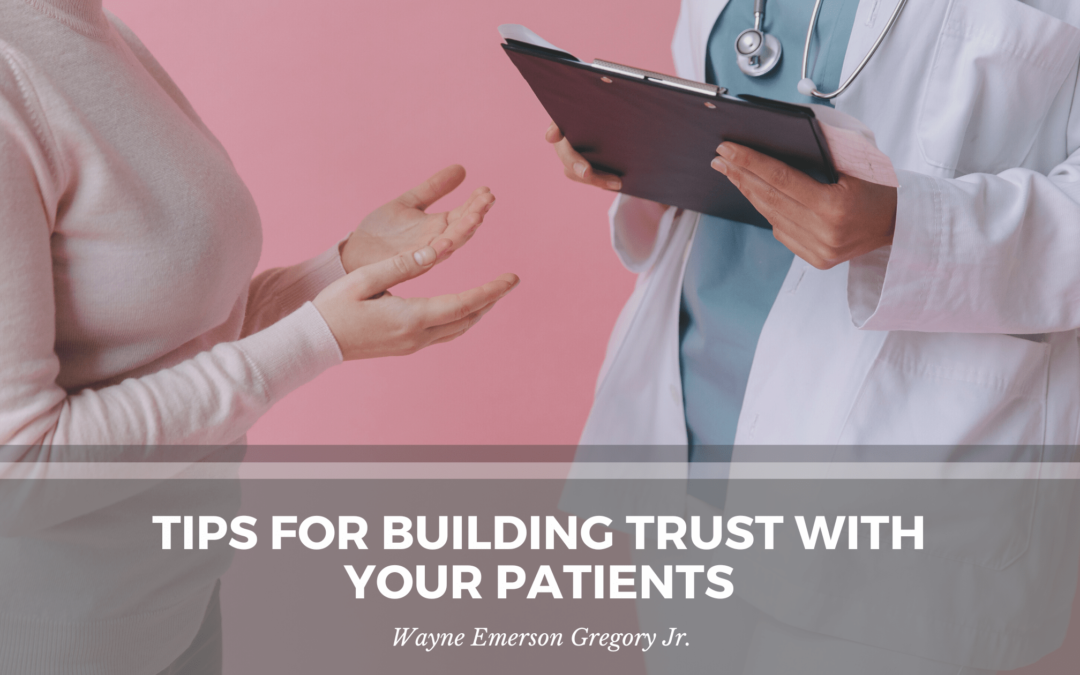The importance of patient trust is acknowledged by studies showing that patients who are satisfied with their doctor’s care can achieve higher satisfaction scores. Even though they may not see better clinical outcomes, those who trust their doctors still perceive their treatment as superior. Today’s article will cover effective tips for building trust with your patients.
Smooth Introduction
While getting carried away by the endless tasks of running a healthcare facility is tempting, building a strong rapport with patients is also essential. One simple act of introducing yourself to a patient can help set the tone for the next interaction.
Active Listening
Establishing a solid rapport with patients involves being actively involved in their conversations. This involves paying close attention to what the patient is saying and how they respond to what you are trying to convey. Having the necessary skills to communicate effectively, both verbally and non-verbally, can help build a strong relationship.
Getting to Know Them
One of the most effective ways to build a strong rapport with a patient is by asking open-ended questions. For instance, while performing a routine task, you could ask your patient what they would like to do once they feel better. This practice would make for more pleasant interactions and show that you are genuinely interested in their well-being.
Simplification
There is nothing wrong with using the correct terminology in your interactions with patients as long as they are medical professionals. Having the necessary communication skills can help build a strong rapport with patients.
Educate
One of the most effective ways to build a strong rapport with patients is by providing them with the necessary resources and information to manage their health. Throughout the day, you can often give your patients opportunities to learn about their options for improving their health. These teaching moments can help them feel empowered and positively impact their interactions with you.
Conclusion
Building a solid rapport with patients takes time and effort, but it can pay dividends in the long run. Not only will it improve the quality of your interactions with patients, but it can also boost your satisfaction.
